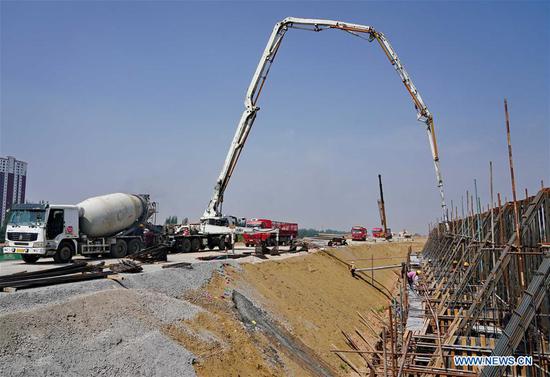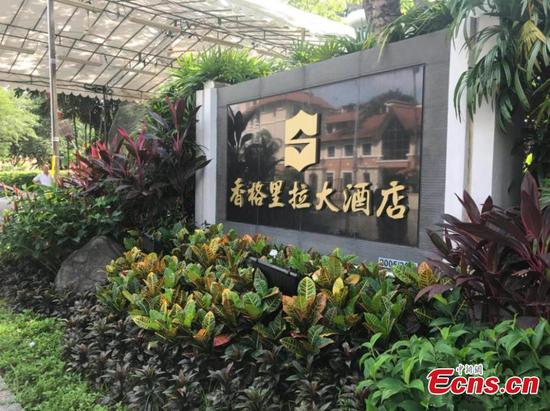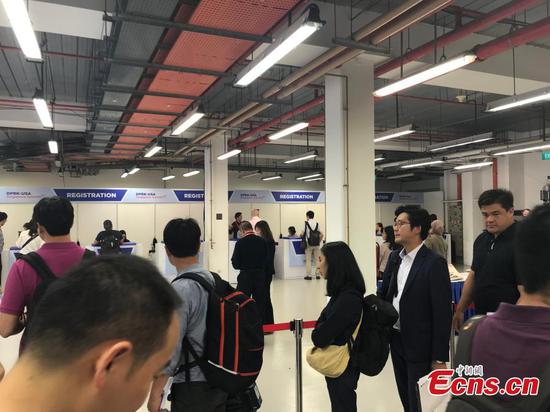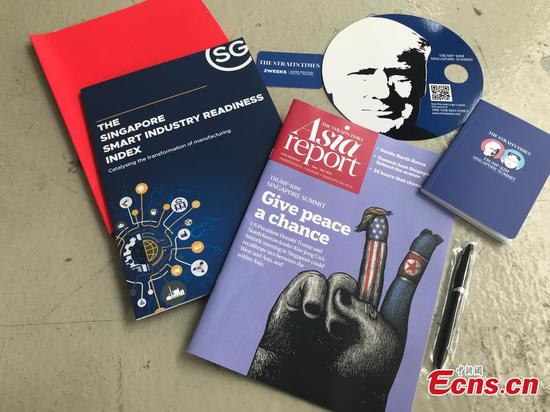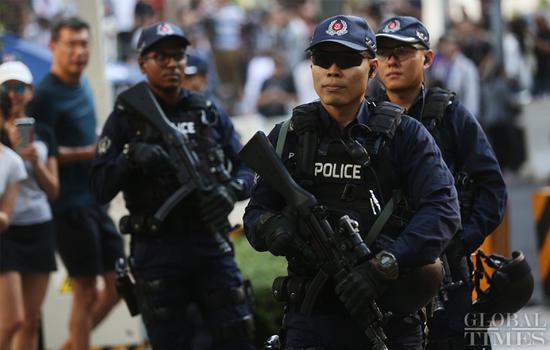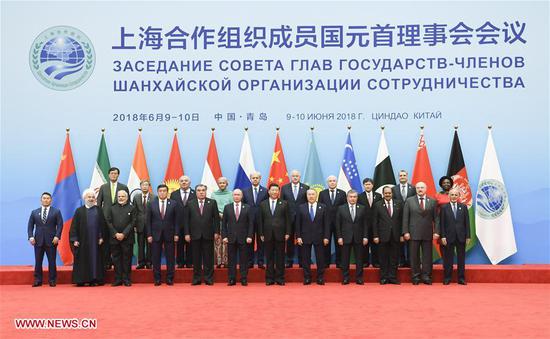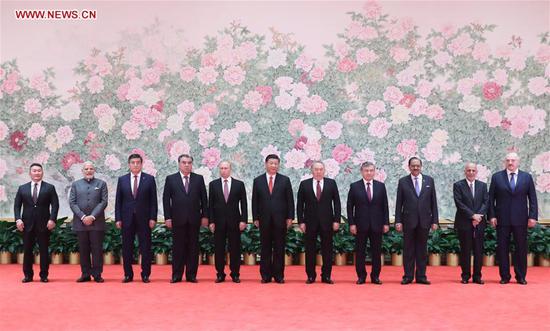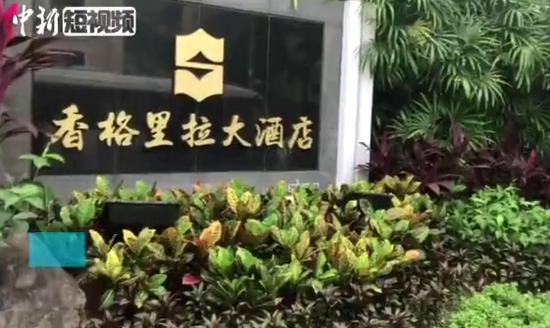China's college graduates are leaving first-tier cities for second-tier ones, according to the annual College Graduates' Employment Report issued on Monday.
The report said that 22.3 percent of college graduates last year chose to work in first-tier cities - Beijing, Shanghai, Guangzhou and Shenzhen - down 1.3 percentage points from 2016 and 5.9 percentage points from 2013.
In 2017, 21.7 percent college graduates chose to leave first-tier cities after working there for three years, up 2.5 percentage points from 2016 and 8 percentage points from 2015.
The report also found that leading second-tier cities are luring more recent graduates.
Around 35.6 percent of college graduates who chose to work in one of the top 10 second-tier cities such as Hangzhou, Chengdu and Wuhan, were from other regions in 2017, up 3.6 percentage points from the previous year, the report said.
The report, the 10th of its kind, was based on a survey of 306,000 graduates from 30 provinces and regions. It was released by MyCOS, an education consulting and research institute in Beijing.
Wang Boqing, founder of MyCOS, said large populations, traffic congestion, smog, surging property prices and great difficulty in obtaining permanent residence, or hukou, have brought high pressure to life in first-tier cities for college graduates, which gives second-tier cities an opportunity to attract talented workers.
Second-tier cities have rolled out a slate of favorable policies to attract university graduates, which include preferential treatment to obtain hukou, as well as housing and government subsidies, he said.
In an effort to attract more talent to the city, Wuhan, Hubei province, has planned to build affordable housing for university graduates, and allow graduates to buy or rent apartments at a discount of at least 20 percent of the market price.
Chu Zhaohui, a senior researcher at the National Institute of Education Sciences, however, said that the governments of such cities should notice that welfare, housing and money can attract people in a short time.
"Professionals aim mainly at prospects for career development rather than just benefits," Chu said, adding that those cities should maintain their advantages, such as low cost of living and nicer environments, to retain their appeal.
The cities should provide more opportunities for employment or entrepreneurship that are similar to those in first-tier cities, he said.
China's universities are expected to produce a record 8.2 million graduates this year.












